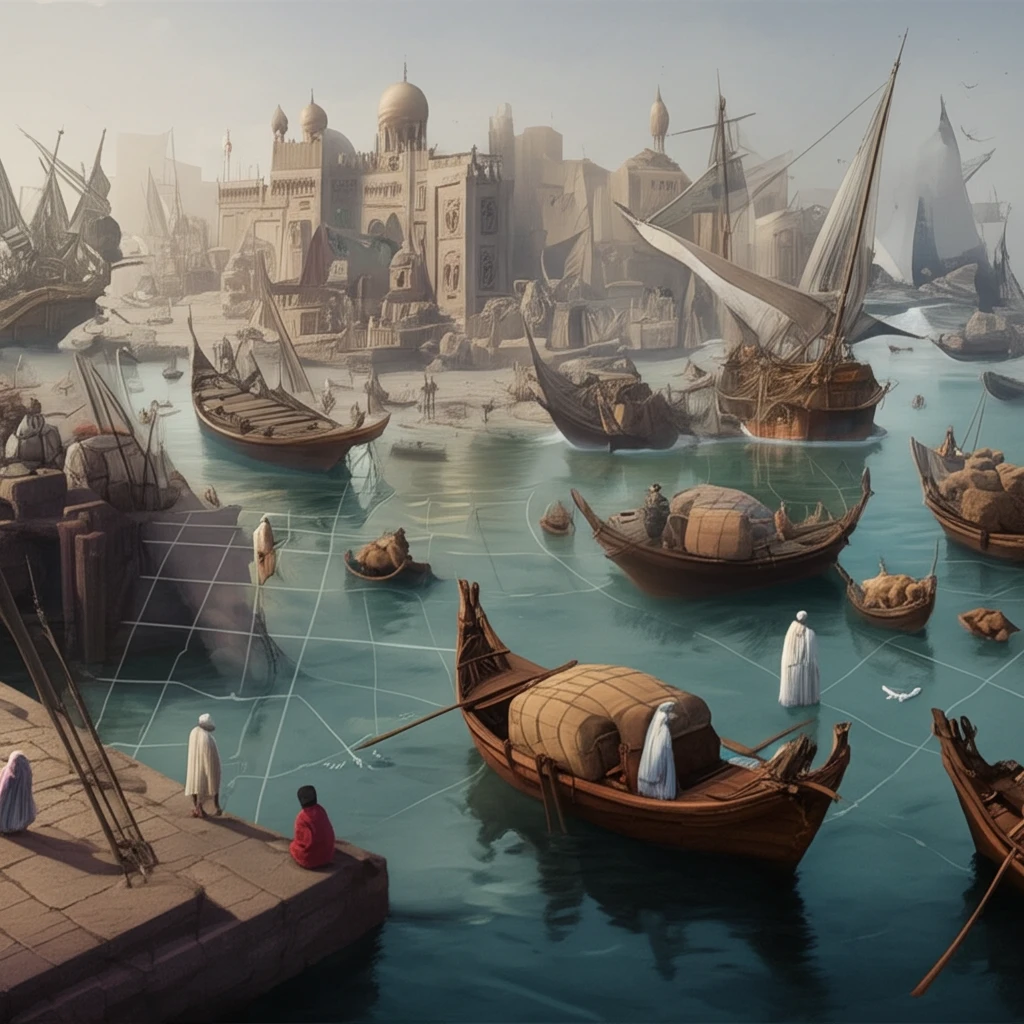
Beyond Free Markets: Uncovering the Hidden World of Smuggling and Capitalism
"How the illicit trades of the Arabian Sea shaped the modern global economy and what it reveals about capitalism's true nature."
Conventional wisdom often portrays capitalism as a system built on free markets, property rights, and the uninhibited flow of goods and labor. However, a closer look at history reveals a far more complex and nuanced picture. What if the very forces that seem to undermine capitalism – smuggling, trafficking, and illicit trade – are, in fact, essential to its development and function?
Johan Mathew's "Margins of the Market: Trafficking and Capitalism across the Arabian Sea" challenges traditional economic theories by exploring the critical role of smuggling and illicit trade in shaping the capitalist landscape. Focusing on the Arabian Sea region from the nineteenth to the twentieth century, Mathew uncovers how these 'margins of the market' were not merely deviations from the norm but were deeply intertwined with the development of capitalism itself.
Mathew's work reveals that capitalism's expansion was inextricably linked to activities that existed outside the boundaries of formal markets and regulations. By examining the history of the Arabian Sea, he sheds light on the often-overlooked aspects of capitalism, highlighting the complex interplay between licit and illicit activities, state control and private enterprise, and the constant negotiation of economic boundaries.
The Arabian Sea: A Crucible of Capitalism and Illicit Trade

The Arabian Sea, a region known for its mutable and dynamic nature, served as a critical site for the development of capitalism in Asia and Africa. During the period under examination, the British Empire exerted unprecedented political dominance, attempting to regulate and standardize economic practices while simultaneously creating and destroying 'free' markets. This created a fertile ground for smuggling and trafficking, as local traders and other European officials sought to navigate and subvert imperial control.
- Challenging Free Market Ideals: Mathew argues that the conventional theories of political economy, which emphasize property rights and free labor, fail to account for the regulations and coercion that make such abstractions possible.
- 'Framing Out': Applying sociological theory, Mathew illustrates how the trades excluded from the legal free market are just as integral to the functioning of capitalist economies as those included within it.
- Beyond Standard Narratives: In the Arabian Sea, capitalism was less about free labor, private property, and wealth-generating capital, and more about the abolition of slavery, violence, and unstandardized currency.
Relevance and Implications for Today
"Margins of the Market" offers critical insights into the nature of capitalism and its historical development, Mathew's work encourages a more nuanced understanding of the global economy, urging us to look beyond traditional narratives and consider the hidden forces that shape our world. By examining the history of the Arabian Sea, Mathew provides valuable lessons for understanding the complexities of capitalism and its impact on societies around the globe. His work is relevant to geographic specialists, scholars, students interested in political economy and the historical development of 'varieties of capitalism'.
